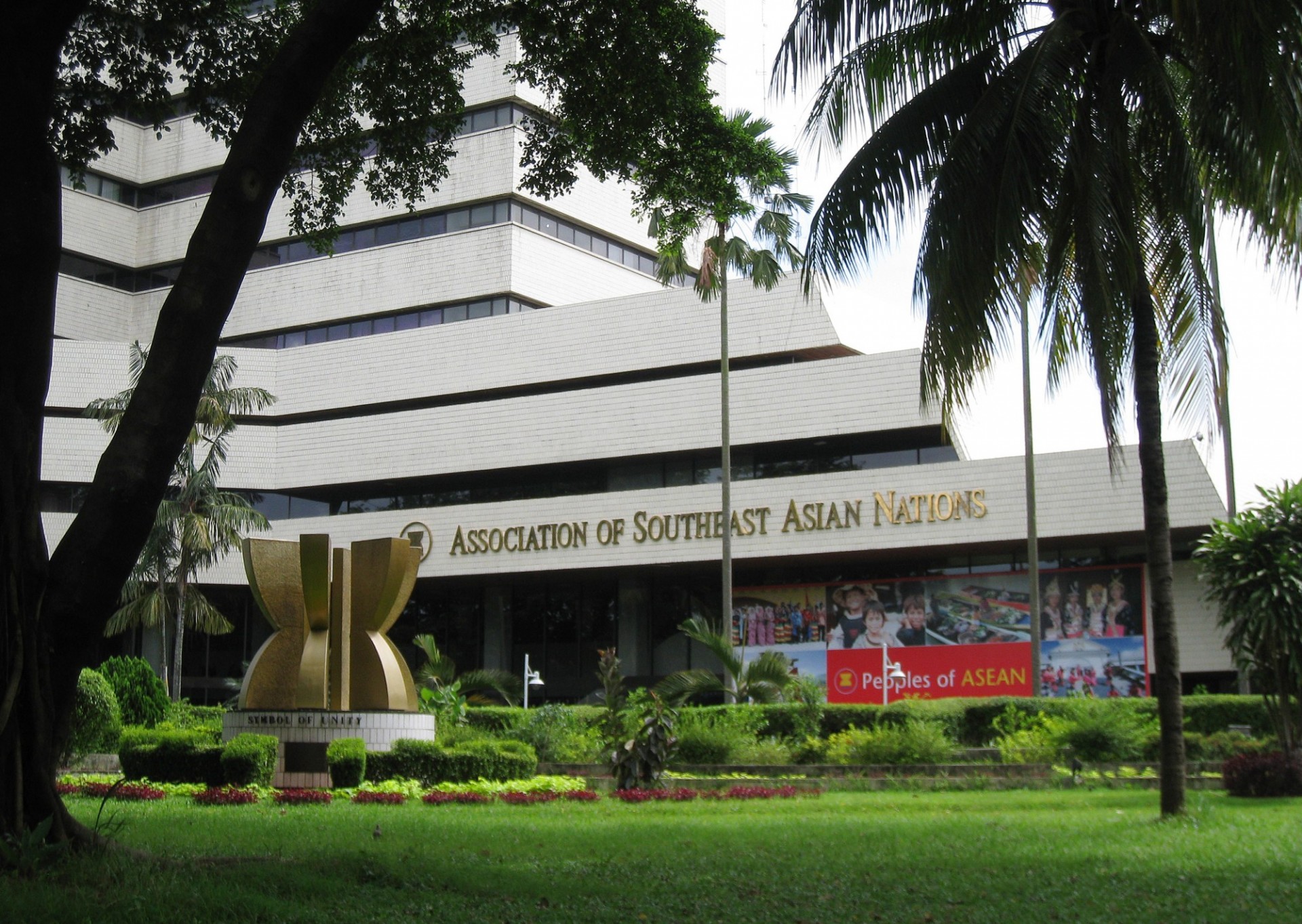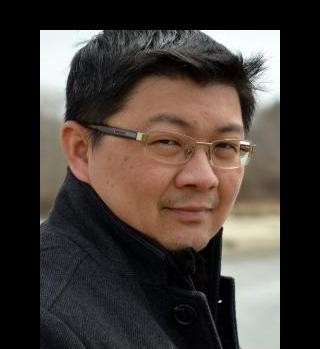"ASEANs dialogue mechanisms: institutionalising ASEAN centrality" - by CWP alum Cheng-Chwee Kuik

Dialogue mechanisms are central part of ASEAN’s institutional ecosystem. This chapter analyses the evolution, functions, and features of these mechanisms, unpacking how they serve as the indispensable platforms for ASEAN’s engagement with the major powers and key partners in and out of Asia. We argue that ASEAN’s multi-layered dialogue mechanisms are a sine qua non for Southeast Asian states’ collective quest for ASEAN centrality. This is pursued chiefly through an ongoing process of “group hedging”, which involves three institutional roles, i.e., binding, buffering, and building. These roles are driven and sustained by several interrelated dynamics: shared vulnerabilities among ASEAN member states, converging outlooks between ASEAN countries and their partners at the critical junctures of the 1970s and 1990s, as well as benefits from the expanded circles of ASEAN-plus cooperation since the 2000s.
Chapter 13: ASEANs dialogue mechanisms: institutionalising ASEAN centrality - Cheng-Chwee Kuik and Fikry A. Rahman
Category: Chapter - Published: 23 May 2023 - Page Range: 177–195 - Collection: Political Science and Public Policy 202 - DOI: https://doi.org/10.4337/9781800378889.00021
Dr. Kuik Cheng-Chwee is Professor in International Relations and Head of the Centre for Asian Studies, Institute of Malaysian and International Studies, National University of Malaysia (UKM). He is concurrently a non-resident Fellow at Johns Hopkins University’s Foreign Policy Institute (FPI). Previously, he was a Postdoctoral Research Associate at the Princeton-Harvard “China and the World” (CWP) Program and a Visiting Research Fellow at Oxford University. Professor Kuik’s research focuses on smaller-state foreign and defence policies, Asian security, and international relations. He has held consultant positions for Japan International Cooperation Agency (JICA), Peace Research Institute Oslo (PRIO), Council on Foreign Relations (CFR), and Asian Development Bank (ADB). He served as Head of the Writing Team for the Government of Malaysia’s inaugural Defence White Paper. Cheng-Chwee is a regular invited speaker to international conferences and closed-door policy roundtables. Dr. Kuik’s publications have appeared in peer-reviewed journals and edited books. His essay, “The Essence of Hedging”, won the Michael Leifer Memorial Prize awarded by the Institute of Southeast Asian Studies. He is co-author (with David Lampton and Selina Ho) of Rivers of Iron: Railroads and Chinese Power in Southeast Asia (2020) and co-editor (with Alice Ba and Sueo Sudo) of Institutionalizing East Asia (2016). His current projects include: hedging in international relations, domestic politics and foreign policy choices, and the geopolitics of connectivity cooperation. Cheng-Chwee serves on the editorial boards of Contemporary Southeast Asia, Australian Journal of International Affairs, Asian Perspective, Asian Politics and Policy, International Journal of Asian Studies (Cambridge University Press), and East Asian Policy. He is a member of the Council on Indo-Pacific Relations (CIPR), East West Centre in Washington. He holds an M.Litt. from the University of St. Andrews, and a PhD from the Johns Hopkins University’s School of Advanced International Studies.
Photo Credit: By Gunawan Kartapranata - Own work, CC BY-SA 3.0, https://commons.wikimedia.org/w/index.php?curid=12291110

